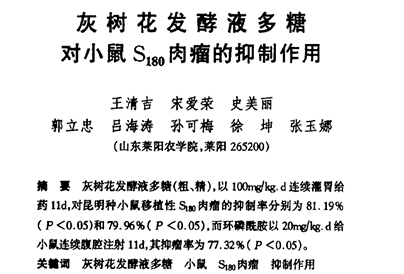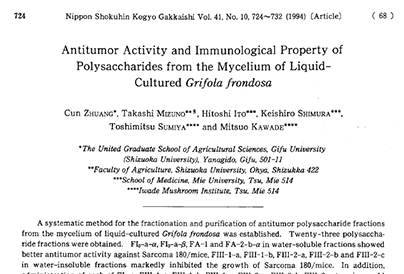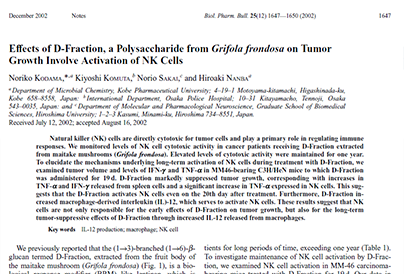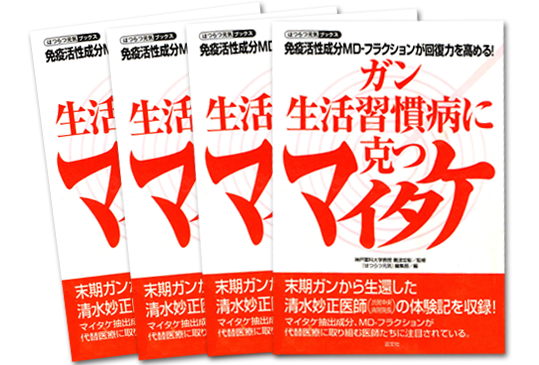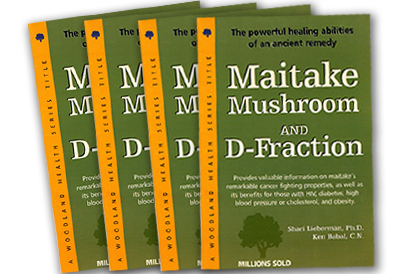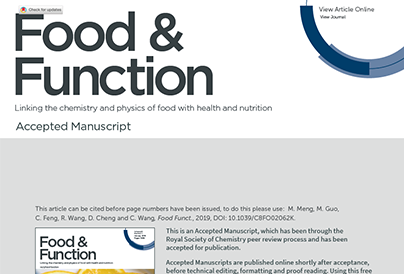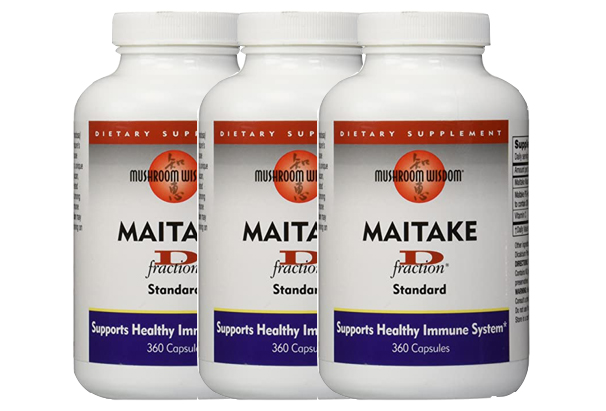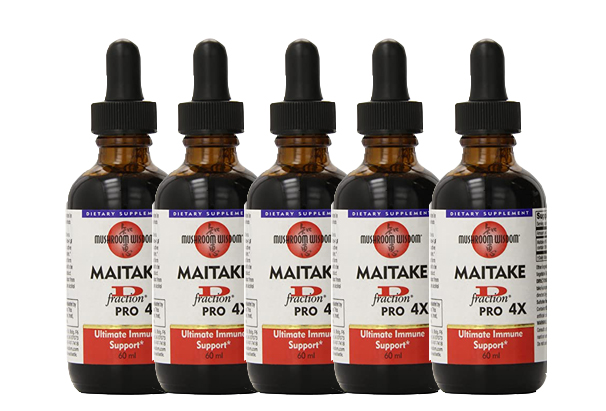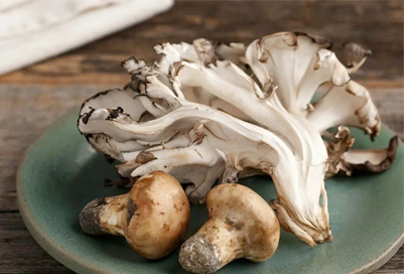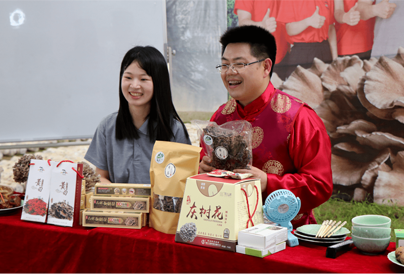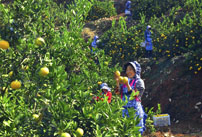Starting from the sharing in this issue, let’s talk about what should we do to rebuild the immune force of cancer patients?
As the saying goes, "When the soldiers and horses are not moved, the food and grass go first." To have an invincible king's teacher, we cancer patients must ensure that they have sufficient food, that is, intake of comprehensive nutrition.
Data from a study showed that 67% of hospitalized cancer patients in my country are severely malnourished, and 71% of patients do not receive adequate nutritional support. Even more frightening is that about 20% of patients with malignant tumors die directly from malnutrition, which can be said to be "starved to death".

Weight loss, anorexia, fatigue, and anemia are the most intuitive manifestations of malnutrition. Among them, patients with gastric cancer, esophageal cancer, pancreatic cancer and head and neck cancer are most likely to develop tumor-related malnutrition.
Malnutrition not only increases the risk of stress ulcers in cancer patients and weakens the body's ability to resist infection, but also severely malnourished patients are more likely to develop infections and endanger their lives.
Generally speaking, the absorption capacity of the gastrointestinal tract of malnourished patients is relatively poor, and postoperative wound healing will be delayed. The 5-year survival rate after surgery is lower and the quality of life is poor. Moreover, malnourished tumor patients have decreased tolerance to radiotherapy, chemotherapy, and surgery, and are not sensitive to treatment, and the function of vital organs in the body will decrease. Patients receiving chemotherapy have more complications or side effects, greater gastrointestinal reactions, and more likely to have bone marrow suppression. For patients undergoing radiotherapy, malnutrition is more likely to cause severe mucositis.
At the same time, these problems will more or less bring some psychological problems to our patients, resulting in anxiety and depression.
So, why are cancer patients prone to malnutrition? In layman's terms, it means "eating less, losing too much, weakening absorption, and messing up metabolism".
First of all, tumor cells will secrete some cytokines to over-activate the body's satiety center, leading to long-term anorexia or loss of appetite. In the gastrointestinal tract, these factors cause gastrointestinal dysfunction in patients; in muscle tissue, they cause increased muscle consumption and cause malnutrition.
At the same time, tumors can also cause changes in taste and smell, leading to further loss of appetite, choosing inappropriate diet, reducing energy consumption and anorexia. In addition, the tumor itself will also bring many psychological barriers and physical burdens to patients, causing us to slowly lose our appetite.
Secondly, in the tumor treatment stage, it will also inevitably affect the nutritional status of the body.
For example, after many cancer patients undergo surgery, the body will consume more nutrients, but the patients cannot supplement them in time and need to eat according to their specific conditions. For many patients with gastrointestinal tumors, in order to avoid infection after surgery, they not only need to fast, but also need to abstain from water. This is the cause of malnutrition for the patient, but in order to recover from the operation as soon as possible, they have to do this .
Simply put, when cancer patients undergo surgery, their body's nutritional requirements are increased, but the actual food intake is decreasing. Especially when the operation involves the oral cavity, esophagus or gastrointestinal tract, this effect is more permanent and the nutritional status is prone to decline. In addition, 50% of patients undergoing gastrointestinal surgery will temporarily lose their sense of taste and smell, which can only recover within half a year or a year, which further leads to a reduction in food intake and a decline in body nutrition.
After talking about surgical treatment, let's talk about radiotherapy.
The effect of radiotherapy on the nutritional status of cancer patients is mainly related to the radiation area, radiation type, radiation dose and duration, and individual differences.
Radiotherapy has direct toxic effects on gastrointestinal mucosa, taste buds and nerve endings. At the same time, radiotherapy will destroy the tooth structure and denature the organic matter in it. Radiotherapy for the head and neck can cause anorexia, esophagitis, dry mouth, nausea, vomiting, dysphagia, pharyngitis, taste changes, and occlusion. All these adverse reactions can lead to reduced food intake and affect nutritional status.
Radiation therapy to the abdomen and pelvis can cause acute diarrhea, loss of appetite, nausea, vomiting, abdominal pain, enteritis, and colitis. Another adverse reaction is that it can cause chronic radiation enteropathy, which can cause severe and frequent gastrointestinal strictures and intestinal fistulas, leading to severe nutritional deficiencies and malnutrition.
Next, let’s talk about chemotherapy. The most common effects of chemotherapy on the nutritional status of patients are loss of appetite, changes in taste and smell, anorexia, nausea, vomiting, mucositis, constipation, diarrhea and early fullness.
Chemotherapy can not only cause abnormal gastrointestinal cramps, flatulence, paralytic intestinal obstruction and malabsorption, but also damage the small intestinal mucosa, leading to malabsorption and diarrhea. Some anti-tumor drugs, such as fluorouracil, doxorubicin, methotrexate, and cisplatin, can cause serious gastrointestinal complications.
At the same time, chemotherapy can also induce acute inflammation, increase the risk of complications in patients, and reduce the body's immune capacity and further deteriorate nutritional status. After chemotherapy, patients may suffer from anorexia, which may lead to metabolic abnormalities such as hyperglycemia, hypercalcemia and deficiency of trace elements.
The combined treatment of radiotherapy and chemotherapy combined with mucosal atrophy, mucosal ulcers and mucosal necrosis can cause acute and subacute enteropathy, leading to severe radiation enteropathy, and seriously affecting the nutritional status of cancer patients. Others such as endocrine therapy and biological therapy can also lead to nutritional decline, such as nausea, vomiting, gastrointestinal discomfort, and loss of appetite.
In addition, in addition to reduced food and nutrient intake is a common factor in the decline of nutrition in cancer patients, changes in energy expenditure (REE) and metabolic disorders in the resting state are also important factors. The metabolism of energy, sugar, protein, fat, etc. of cancer patients is abnormal to varying degrees, which leads to a decrease in the body's production capacity, an increase in metabolism, and a lack of nutrition.
Let us think about it. Everyone needs to consume a lot of energy to live, let alone the patient? The existence of diseases will increase the body's energy consumption, leading to various symptoms of malnutrition such as weakened appetite and weight loss. In addition, tumor cells differentiate and proliferate much faster than normal cells, which also means that they consume more energy.
Studies have shown that most cancer patients have abnormal REE, and some patients are in a state of high metabolism with REE>110%.
Metabolic disorders of tumor-related malnutrition include changes that affect the metabolism of the three major nutrients. Hypermetabolism is the most common form. The main sources of nutrition for normal people are sugar, fat and protein, all of which can be ingested through a normal diet.
In contrast, the metabolism of cancer patients is not the same. We will have the characteristics of large consumption of glucose and weak fat metabolism, leading to symptoms such as low fever, loss of appetite, early satiety, and nausea, which will affect the food and nutrition of patients. Intake.
In this way, malnutrition of cancer patients occurs.

Finally, in addition to the above uncontrollable factors, there are also nutritional problems caused by the subjective aspects of tumor patients.
In the previous sharing, we learned that our Chinese people’s daily diet is very problematic and did not pay attention to the comprehensiveness of nutrition. Coupled with the fact that our common people prefer dietary recipes and taboos when facing diseases, this exacerbates their own malnutrition.
Some people even think that tumor growth requires nutrition, and supplementation of nutrients will accelerate tumor growth. This gave birth to the idea of "starve cancer cells".
As for taboos, a large number of cancer patients are too blind in terms of hair, so that they refuse to eat all kinds of chicken, duck, fish, beef and mutton, dairy products and other foods. In fact, this is a misunderstanding of "fat" in our daily life: in medicine nowadays, hair refers to foods that can cause allergic rashes or other allergies. Such foods contain histamine. The more foods of histamine, the more likely to develop allergies. Therefore, there is no direct relationship between hair and exacerbation of tumor growth.
There is nothing wrong with the proper taboos for cancer patients, but it must not lead to incomplete nutrition because of blind taboos and partial eclipse. This will not only prevent tumors, but will even cause various malnutrition diseases.
For cancer patients, a high-quality daily diet is an important basis for defeating cancer. The human body needs seven basic nutrients: sugar, fat, protein, vitamins, water, minerals, and dietary fiber to jointly carry out cell synthesis, metabolism and maintenance of organ function. Maintaining a balanced diet and reasonable nutrition is conducive to healthy recovery.
We must also resolutely resist those taboos that are clearly needed. For example, breast cancer patients should avoid foods that contain estrogen or can be converted into estrogen (such as royal jelly, snow clam, etc.), reduce fried foods, animal fat and other high-fat diets;
For those that are ambiguous, you can choose other ingredients that contain the same nutrients instead. If the WHO has mentioned that excessive consumption of red meat can cause cancer, you can eat as little red meat as pork, beef, and lamb in your daily life, and instead choose other foods that are rich in protein.
In short, every cancer patient should have these experiences:
1. Malnutrition in cancer patients is extremely common, and I may be one of them.
2. The diet of cancer patients should not be partial or partial eclipse.
3. From the perspective of balanced nutrition and immune reconstruction, the daily diet of cancer patients should pay attention to the richness and diversity of the diet, and the specific tumors and specific treatment methods should be paid attention to.
References:
1. 石汉平,崔久嵬. 肿瘤免疫营养[M]. 北京:人民卫生出版社. 2018.
2. 石汉平,凌文华,李薇. 肿瘤营养学[M]. 北京:人民卫生出版社. 2012.
3. 肿瘤患者普遍营养不良,两成患者是“饿”死的


